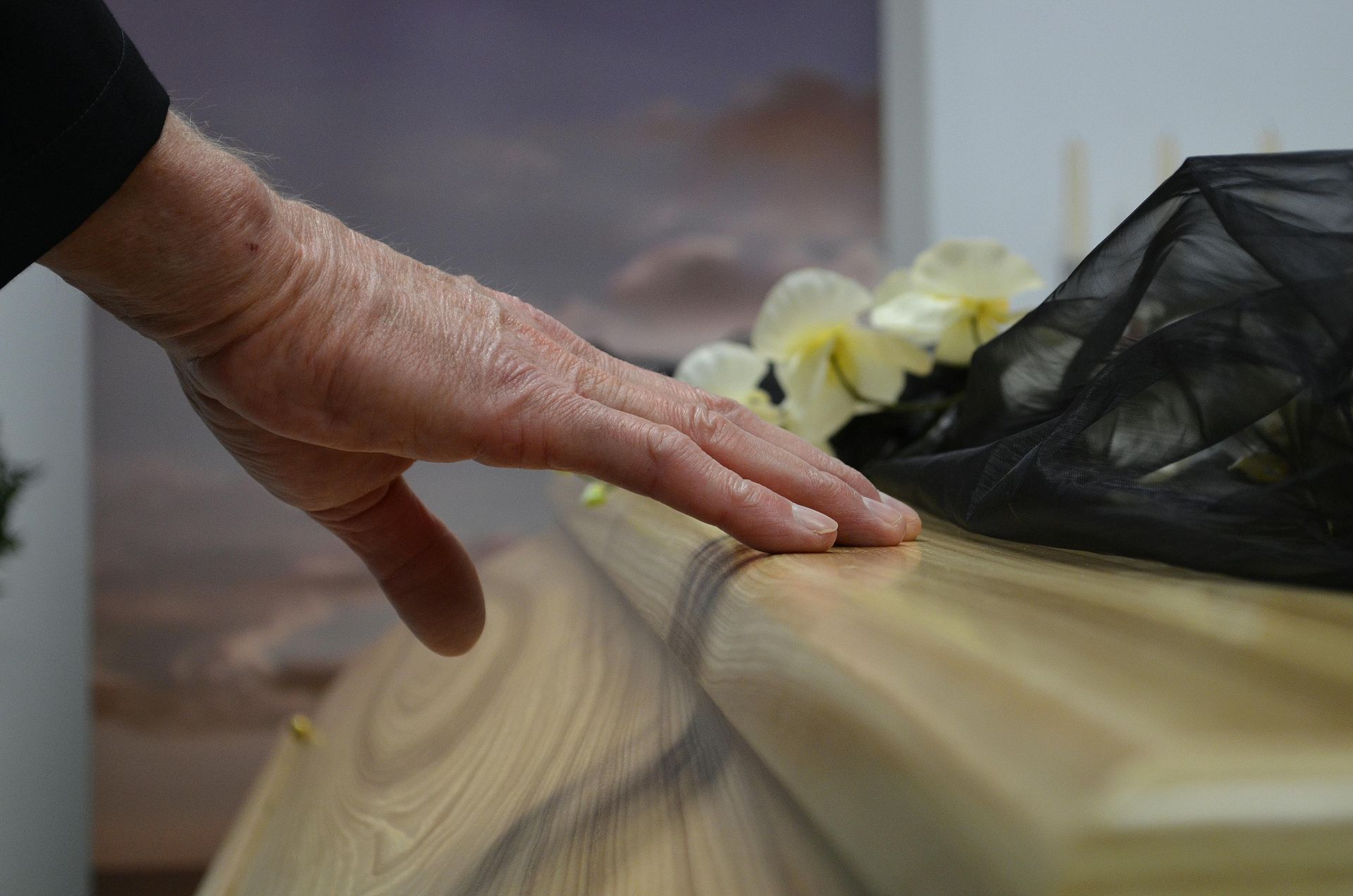Grief Brain
What is Grief Brain?
Grief can make you feel forgetful, spacey, and unable to express your thoughts. Losing a loved one is a natural, yet difficult life event, and it is one of the greatest stressors we face as humans. Grief affects us emotionally and physically, leading to a symptom known as grief brain. This condition can cause trouble sleeping, concentrating, and remembering simple things, but these effects are usually temporary.
How Grief Affects the Brain
Grief can rewire the brain, worsening memory, cognition, and concentration. Acute grief symptoms, such as yearning and sadness, are most intense during the first six months. For most people, these symptoms decrease over time, but if they last longer than 12 months, it may be diagnosed as prolonged grief disorder.
Prolonged Grief Disorder
Prolonged grief disorder occurs when coping becomes difficult after a loved one’s death, affecting 2.4% to 6.7% of bereaved adults. Symptoms include extreme emotional pain, avoidance of death reminders, identity disruption, emotional numbness, and severe loneliness. Prolonged grief can also lead to major depression, so reaching out to a mental health professional is crucial if symptoms feel overwhelming.
Can Grief Damage Your Brain?
Chronic grief can push the body into long-term survival mode, affecting attention, memory, decision-making, language, information processing, and cognitive functions. The severity of grief may be tied to mental health, with resilient individuals showing fewer depressive symptoms and greater emotional stability over time.
Next Steps
If grief feels overwhelming, it's important to seek support from a mental health professional to help navigate the grieving process.













